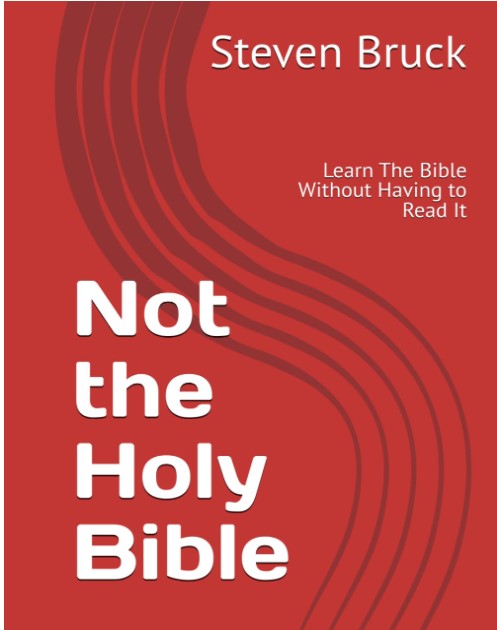There are hundreds of versions of the Bible, over 450 in English, alone, not to mention that today it has been translated into some 756 different languages!
There’s gotta be a whole lotta different interpretations of the same verse(s), what with all those different interpreters, differences that happen when one language is translated into another, and even copyright laws, which state there have to be (literally) hundreds of words different from someone else’s version of the Bible.
If you prefer to watcha video, click on this link: Watch the video.

To properly interpret the Bible, we need to be historians, linguists, and also have a spiritual maturity that allows us to be guided by God’s Ruach HaKodesh (Holy Spirit) in order to realize what he meant when he told Moses what to write, when he told the prophets what to say (which, for all we know, may have been different from what they heard, but being essentially the same message), and what the Apostles wrote, especially Shaul (Paul), which is not God-breathed scripture, such as what we have from Moses, or the Prophets, or from David’s psalms.
No, what is included in the New Covenant are the Gospels, which are a historical narrative of the life and teachings of Yeshua (which were all based on the Torah), and the letters that were written by the apostles designed to keep the Jews and Gentiles, who accepted Yeshua as the Messiah, to reverting from the faith-based obedience they were taught to obedience as a means of attaining salvation (which we call “Legalism”).
Reading the Bible with an open mind is very hard to do if you have been raised already knowing what it means. I have often heard people defend the meaning of a biblical verse, but instead of demonstrating a knowledge of the Bible, they simply go on parroting what they have been told in religious school or from what they have heard.
(“Parroting” means repeating what you hear without understanding what it means,
like a parrot.)
So, let’s get to the point of today’s lesson: do not automatically accept what anyone says the Bible means (yes, including me), until you have thoroughly investigated it for yourself. And, what is even more important, when you think you understand what the Bible means, do not trust your own interpretation, but investigate it as you would if you were hearing it from a stranger.
In the event that you are not sure how to investigate, I have written an entire teaching series on how to properly interpret the Bible, which I believe can help. Here is a link to it: Interpreting the Bible.
And don’t think that just because someone has a couple of letters after their name that they really know what they’re talking about; remember that religious schools (like a Seminary or a Yeshivah) are only teaching what their religion has been saying for centuries.
For example, there is in Jewish history two greatly respected rabbis of old, Hillel and Shammai. They both lived during the transitionary period from BCE to CE, right around the same time Yeshua was teaching. Their interpretations of the Torah were very different, and there was a competition- we could even call it a war- between these two houses of wisdom. So, if two great scholars could have such different interpretations from the same Bible, which was in the same language (Hebrew), then how can we trust what we hear today, with all these different versions?
That is why when you read the Bible, whichever version you prefer, always remember that you must first pray to God for guidance to properly understand what the Bible says, and if you suddenly have a revelation of the “true” meaning of something you have read and reread, hundreds of times, check it out against the rest of the Bible, using the interpretive tools I teach in that teaching series I mention above.
Studying the language, using the proper references resources, and having access to different versions of the Bible (in order to get a rounded understanding), not to mention learning the historical usage of the terminology, is a great advantage in being able to really understand what God is saying to us.
At the very least, you must read the Bible every day, which is essential to becoming familiar enough with it to recognize false teachings, and be able to (respectfully) correct the one teaching because- to be fair- the teacher may not realize they are wrong!
Too often people just repeat whatever sounds good to them, and that is how misunderstandings and wrongful teachings occur. And when it comes to the Bible, you have to realize that you may not just misdirect someone… you may send them straight to hell!
Thank you for being here, and please remember to share these messages with everyone you know, even non-believers. After all, you never know how fertile the soil is until you plant a seed in it.
That’s it for today, so l’hitraot and Baruch HaShem!

